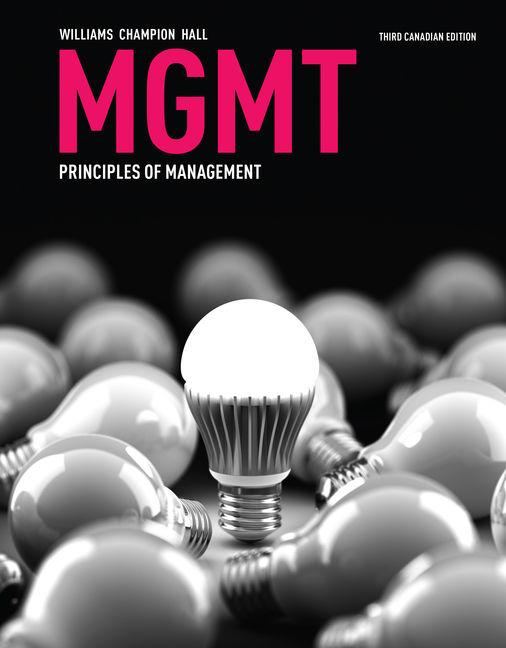Answered step by step
Verified Expert Solution
Question
1 Approved Answer
Unfreezing: This is the first phase where the need for change is recognized. People often become comfortable with their routines and resist change. Therefore, this
- Unfreezing: This is the first phase where the need for change is recognized. People often become comfortable with their routines and resist change. Therefore, this phase involves breaking down the existing status quo before building up a new way of operating. This could involve a shift in the organization's foundation or a change in mindset.
- Changing: This is the second phase, also known as the transition phase. During this phase, the actual changes are implemented. This could involve a change in processes, systems, structure, or any other aspect that needs to be changed. This phase is often filled with uncertainty and fear, so communication and support are crucial during this phase.
- Refreezing: This is the final phase where the new changes are solidified and the new status quo is established. The changes are accepted and become the new norm. This phase is important to ensure that people do not revert back to their old ways of doing things.
The concept map would depict these three phases in a cycle, showing that change is a continuous process. Each phase would be connected to the next, showing the progression from unfreezing to changing to refreezing.
Step by Step Solution
There are 3 Steps involved in it
Step: 1

Get Instant Access to Expert-Tailored Solutions
See step-by-step solutions with expert insights and AI powered tools for academic success
Step: 2

Step: 3

Ace Your Homework with AI
Get the answers you need in no time with our AI-driven, step-by-step assistance
Get Started


